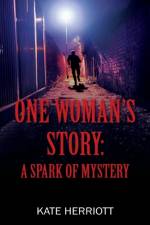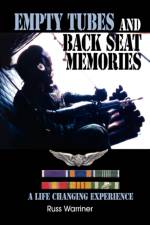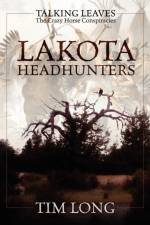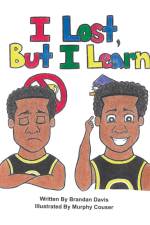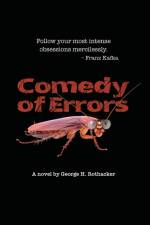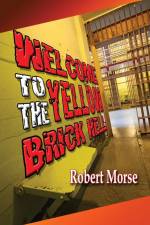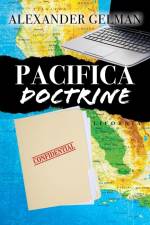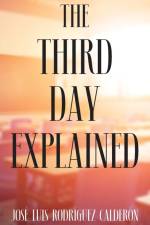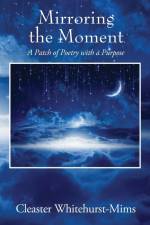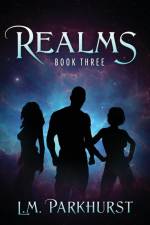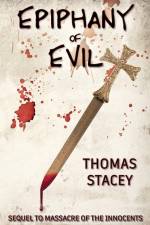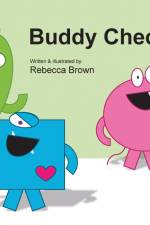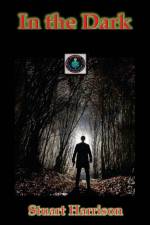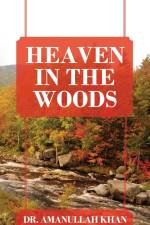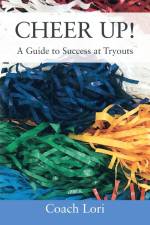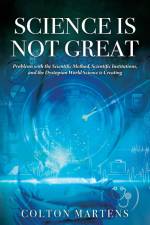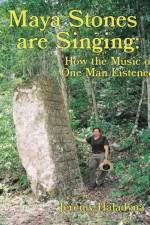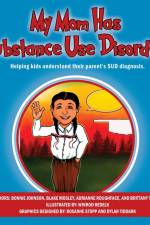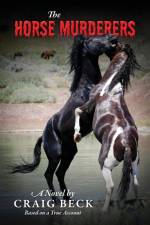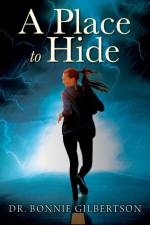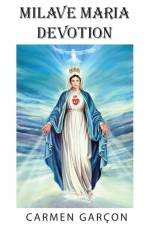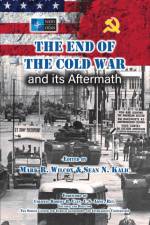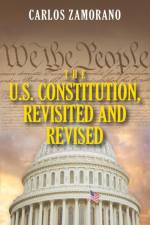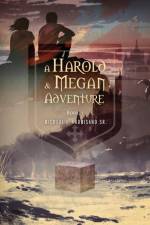von Tim Long
15,00 €
"Soldier Chief, no Lakota braveheart forgets where he buries hatchet," said White Bull, a Cheshire-cat grin across his face. General Edward S. Godfrey (K Co., 7th Cavalry, Ret.) at the Little Bighorn Battle's 50th anniversary responds with surprise. A picture captures this moment at the burial of an unknown 7th Cavalry trooper- Bury the Hatchet Celebration-June 25, 1926. Horse-backed, Godfrey and Sitting Bull's nephew, White Bull, shake hands reaching across the open Tomb of the Unknown Soldier near the battlefield. White Bull sneers. As Godfrey stares into the marble coffin, his face is in shock. Godfrey relives unspeakable horror of yesteryears' fighting. Out of context with the crowd's gaiety celebrating the grand occasion, Godfrey gasps seeing the headless corpse."We head-chopped thirty pony soldiers. We turned heads to face dancing-fire's heat, "goaded White Bull, gesturing to his neck with a cutting motion. Godfrey reached for a pistol no longer there. Remember the announcer's voice over the William Tell overture when the Lone Ranger TV show started? "Come with us now to those thrilling days of yesteryear!"It's about Crazy Horse, tragic hero, real person - his foibles, his invincibility and incomparable hand-to-eye coordination. Readers meet his friends and adversaries who plotted his murder. Custer needed victory to become president.Lakota Headhunters is a novella, of the 5-book Talking Leaves series: The Crazy Horse Conspiracies. Taken together, these stories recreate the full-bodied character of Crazy Horse-where he stood, what he felt, and what he did-caught up as he was with intrigue, lust, betrayal, rage, and close-quarters-fighting against the U.S. Army. This is a character study long sought by avid Western history readers-a worldwide audience. It belongs in the library of those who must have every book on the subject of Crazy Horse's role in the American Plains Indian wars. Lakota Headhunters is a race to hide Crazy Horse's corpse.'Crazy Horse'-the very words invoke mystical intakes of breath, while Custer stands as the epitome of America's Western legend. The story line collides their myths-these warriors breathe again in full dramatic life as living human beings. This is a fictional history thriller which readers will want to believe is true, and it could be. No one truly knows how Custer died; save for secret Crow sect Curley confided in.The Crazy Horse People to this day do not "connect" with Red Cloud's followers. These Hunkpatila Oglala descendants of "nontreaty" Lakota-Sioux do not live at Pine River Reservation. If you get them to talk, Red Cloud and Spotted Tail are not heroes. Who killed Crazy Horse? A conspiracy continues even today to keep the story hidden from paleface Wasicus. Red Cloud's Oglala and Spotted Tail's Brule tribesmen want what happened kept secret.This story breeds contentious debate-it breeds antagonizing notoriety depicting Red Cloud, Spotted Tail, and the Army's agents in a conspiracy that killed Crazy Horse.These books are controversial, presenting never-before-described conspiracies regarding Crazy Horse's murder and killing Custer-America's beloved "Boy General."I've walked campsites and battlefields, interviewed Crow and Lakota tribal historians, studied historic facts in museums and libraries as well as found Crazy Horse's Quest Site-near where his body's buried.These books provide new perceptions delving into historical figures' human side. Holding true to known facts-in-evidence, these books reach beyond, interpreting where people walked, what they felt, why they acted the way they did.Crazy Horse. Custer. Little Bighorn. They interconnect myth, legend, and emotion as no other story line in American history-a sad tale of the destruction of the Lakota horse culture, Custer's "Luck" and Crazy Horse's "invincibility."

